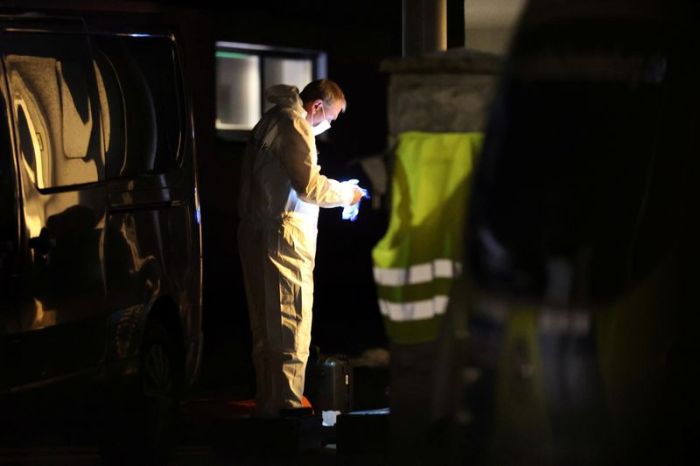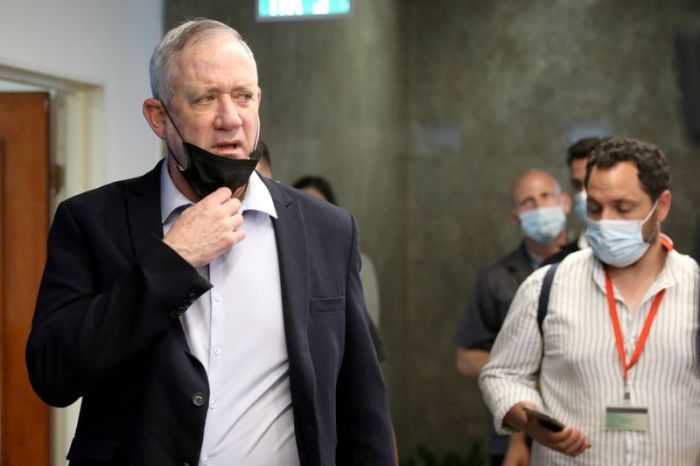BRUSSELS (Reuters) -The European Union may face a shortage of radioactive isotopes key to diagnosing a range of diseases and treating cancer, according to officials and documents.
The EU is the world’s biggest producer of Molybdenum-99, a radio isotope used in 80% of all nuclear medicines procedures globally, including imaging scans to detect heart diseases and therapies to destroy cancer cells, EU data show.
But the production of Molybdenum-99 is mostly reliant on nuclear reactors located in the Netherlands and Belgium, which are getting old.
“Without replacing the currently ageing European production infrastructure, the EU will be dependant on foreign supplies,” said Michael Stibbe, Dutch Deputy Permanent Representative during a public session of a meeting of EU health ministers in Brussels.
“This could potentially cause serious radioisotopes’ shortages and jeopardise access to vital treatments for all European citizens,” he added, urging the EU to help fund the transition to new reactors.
An EU Commission official said the transition to new reactors was part of an EU plan published in February, and money for that could be easily made available under EU recovery funding, for which the Dutch government has yet to submit a spending plan.
Representatives from other EU countries, including Germany and Belgium, agreed with the urgency of the matter.
“As European research reactors approach their ‘end of life’, uncertainty about the long-term continuous supply of radioisotopes may generate instability benefiting external competitors able to seize the opportunity,” said a European Commission document.
The expected drop in EU production is compounded by the rapid increase in demand for radioisotopes, the Dutch representative said.
“Inadequacies in this area are demonstrated also by the fact that prices of these isotopes have gone up by 300% in certain cases,” said the chair of the meeting, Slovenia’s health minister Janez Poklukar.
Late in October, the European Commission also warned EU health experts of a possible shortage next year of Iodine-131, another radioisotope crucial for diagnostics and treatments of several conditions.
(Reporting by Francesco Guarascio @fraguarascio,Editing by Mark Potter and Ed Osmond)





















